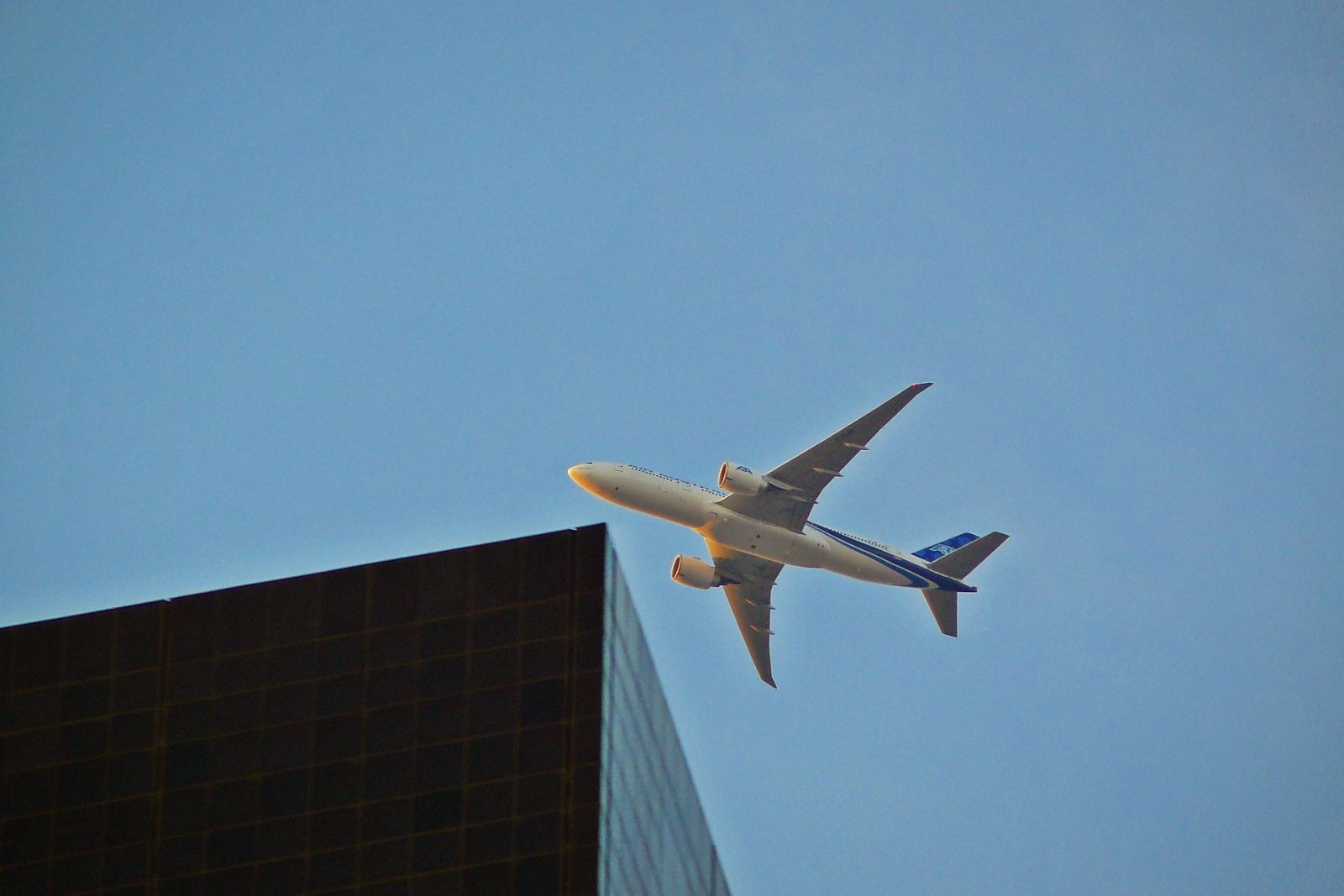Sustainability in a Time of Uncertainty

A year ago, when we discussed association sustainability we were still under the shadow of a worldwide pandemic. People were still hesitant to travel, mask and meeting restrictions were still the norm, and retaining members was one of the highest priorities for membership organisations.
We identified four key areas where associations needed to focus their efforts:
- Reviewing and revising the organisation’s strategic plan to assure that it is reflective of what had happened during the past year;
- Looking at benchmarking metrics and updating/revising them;
- Reconnecting with ALL of your organisation’s stakeholders;
- Developing a specific value message for former members.
A year later, some of those strategies are still relevant, of course, but we now find ourselves in a different environment. The war in Ukraine may well create a number of global realities that will have a significant impact on the not-for-profit community, just as they have on the governmental/political sector, and the private sector.
Tourism, travel, meetings, associations, and charitable organisations, all will need to show real empathy for their members, supporters, funding agencies, and other stakeholders to sustain the recovery of the past twelve months. Here are some of the “new” realities that will impact organisational sustainability in the near future.
"Nothing in the meetings, hospitality, and association world has ever been static. We have always gone through cycles, through good times and bad."
Political issues will force associations to make some hard choices
Most associations and not-for-profit organisations tend to try to stay neutral on international political issues, but the invasion of Ukraine has an ancillary impact on our sector. For example, will delegates refuse to meet in certain countries or cities, depending on their stance on Ukraine? What is our organisation’s plan if political disputes arise during one of our meetings? Do we need to review contracts with destinations, facilities, vendors, etc., to determine if the war has impacted the ability of members to travel to events or our partners’ ability to host them (i.e. is a planned meeting facility being used to shelter refugees)?
The economic impact of the upheaval in Europe will be felt globally and impact the hospitality industry in a number of ways
Last year’s supply chain problems, shortages, and higher prices are only going to get worse. Meeting planners have to take a closer look at food costs, transportation costs, and related costs when putting event budgets together.
Registration fees must go up to cover rising food costs; delegates have to pay far more for airline tickets than a year ago; the cost of hiring and transporting speakers is going up. Organisations cannot just absorb these costs; they have to be passed on to the delegates. What is the point at which meetings will become too expensive for delegates to justify their attendance?

The long-term impact of the political crisis in Ukraine is impossible to predict but still must be considered when moving forward
How do organisations plan for their sustainability in an environment that is as unsettled and complicated as the one we face now? The only real choice is to develop a practical and flexible contingency plan for virtually every aspect of their meetings and their financial well-being. Some of the elements of these contingency plans could include:
- although studies show people are anxious to travel and meet in-person again, be prepared to continue offering virtual options for all events, including mandatory continuing education activities;
- develop updated, well-communicated cancellation policies for your members, and insist on the same from your industry partners and vendors;
- if you have members in countries impacted by the Ukraine crisis, establish guidelines for a membership dues waiver for the current/next dues year.
If you have not done a member needs survey since before the pandemic, this might be a good time to do one. Find out what changes your members and stakeholders have made in their buying habits, their communications preferences, and their travel/meeting priorities (including costs). Some of the adjustments that were made by members and their companies/employers during the COVID-19 period may have become permanent policies. The crisis in Ukraine may have pushed some companies and institutions that were just starting to ease some travel restrictions to go back to an “only as needed” status again. Be sure you are working with current market information as you implement contingency plans.
Nothing in the meetings, hospitality, and association world has ever been static. We have always gone through cycles, through good times and bad.
And, we have also had some rather lengthy periods where we have seen some level of stability. This is not one of those periods.
 ABOUT THE AUTHOR: Mark Levin, CAE, CSP has more than 20 years of experience as an association exec- utive and is also an internationally-known speaker and consultant to the nonprofit and association community. He currently serves as Executive Vice President of the Chain Link Fence Manufacturers Institute, an international trade association, and as President of B.A.I., Inc., his speaking and consulting firm.
ABOUT THE AUTHOR: Mark Levin, CAE, CSP has more than 20 years of experience as an association exec- utive and is also an internationally-known speaker and consultant to the nonprofit and association community. He currently serves as Executive Vice President of the Chain Link Fence Manufacturers Institute, an international trade association, and as President of B.A.I., Inc., his speaking and consulting firm.










